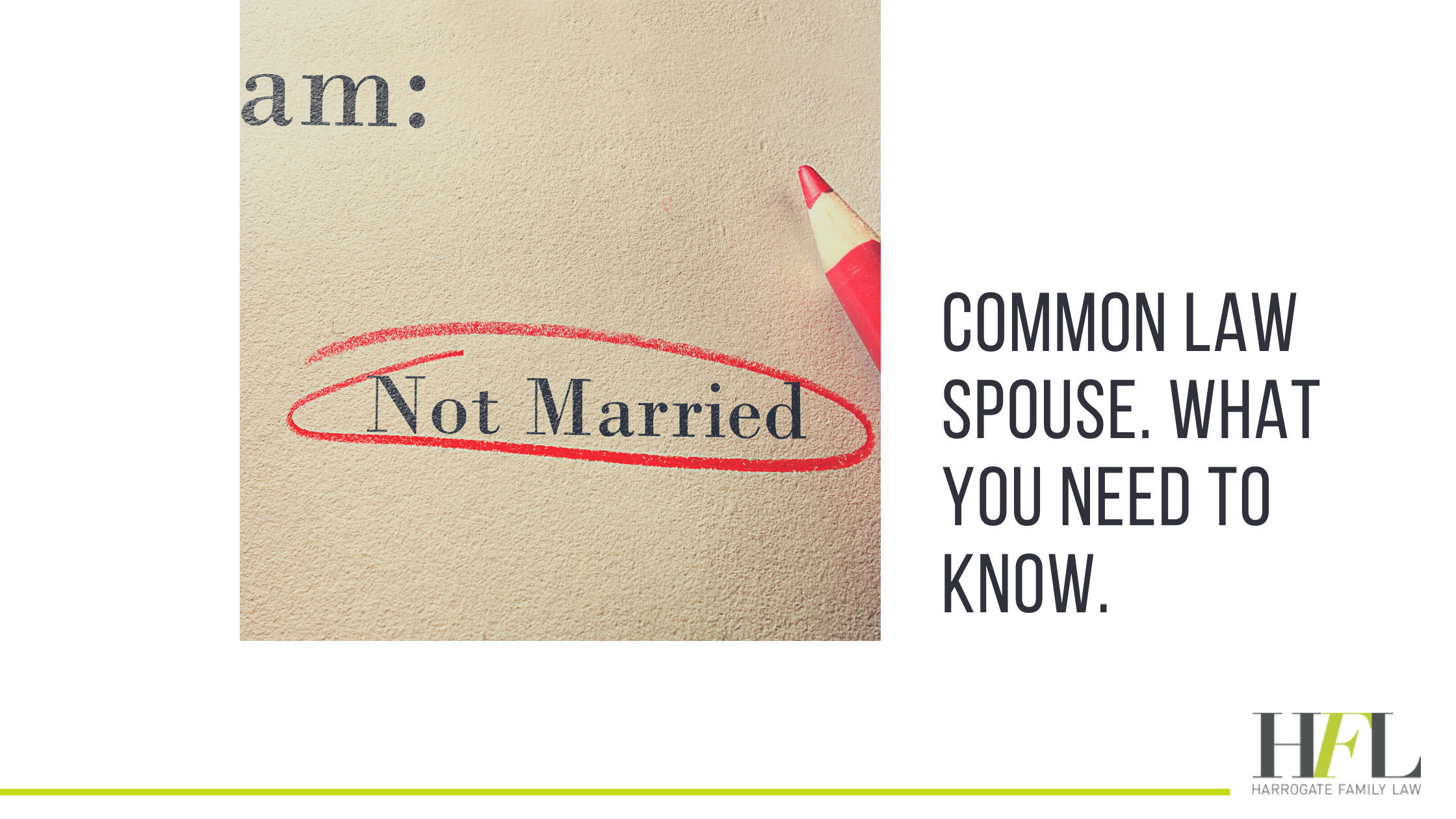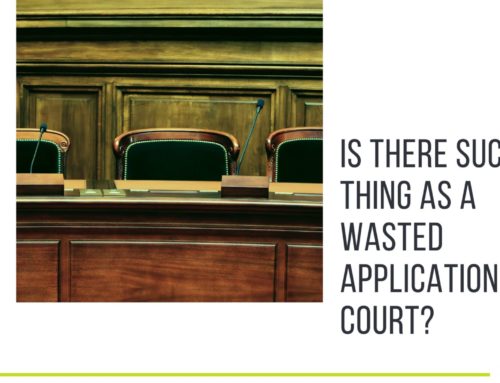According to a survey carried out by The Office of National Statistics, two-thirds of cohabiting couples were under the impression that ‘common law marriage’ exists. They believed that if their relationship came to an end, the financial considerations would be dealt with in the same way as those of a married couple. However, that’s not the case.
With the number of opposite sex, cohabiting couple families with dependent children more than doubling in the last decade, it’s important to know where you stand legally if you’re not married and your relationship breaks down.
Did you know that it isn’t possible for a separating cohabitee to make financial claims for themselves? Even if an unmarried partner gives up their work to look after the children, they wouldn’t be able to make a claim in their own right for property, maintenance or pension-sharing if they separate.
The family home
When a separation happens, the family home is often the biggest asset to be divided. Should it be sold, or is one partner entitled to continue living there following a separation? In the case of an unmarried couple, how the property is owned can be a big factor.
Joint tenants
If you own the property as joint tenants, this means that you both have equal rights to the whole property. You can’t leave your ‘share’ to a person of your choosing in your will. If you die, your partner will automatically inherit your half share of the property.
If you are separating from your partner, you may want to change the ownership to tenants in common. You would still have the same interest but if you died, your share would pass in accordance with your Will.
Tenants in common
If you own your property with your partner as tenants in common, this means that you’ll both own a specific share of the property. For example, 50/50, or any other share that reflects your situation. Here, you can leave your share of the property to someone else in your will and it won’t automatically pass to your partner on your death.
If you want to ensure your partner is provided for on your death, then it’s very important that you make a Will.
Sole Ownership
Property may be owned in just one of the partner’s names. But what about a situation where their partner has been paying the mortgage, or paid for substantial renovations to the property? It can be extremely difficult and costly to meet the legal test for you to have established an interest in it.
So how can that stress be avoided? A cohabitation agreement can help all cohabitees regardless of how property is owned avoid lengthy and costly disputes later down the line. It can record: who owns what, the financial arrangements and how property, assets and income are to be divided if you split.
Talking with your partner at the outset to prepare a cohabitation agreement about how you want your financial arrangements to work and what you each expect in the event of a separation is so important. In many cases it reduces arguments about money – which is one of the most common reasons for relationship breakdown.
How you choose to own your home and organise your finances when you decide to live with your partner is an extremely important decision. It’s importance is only heightened if you’ve got children from a previous relationship, and/or if you’re investing money into your new property. As such, it’s absolutely critical that you seek independent legal advice before making any big life decisions such as giving up your career or committing to a purchase. It might be that a Declaration of trust and/or Cohabitation Agreement need to be considered in order to protect your interests.
The children
If children are involved, there are additional things to consider when you separate. Regardless of whether you’re married or not, as a parent, you have a financial responsibility towards any children you have. The parent who the children spend less overnights with, is likely to need to pay child maintenance in the event of a separation.
On top of this, it may be possible to make financial claims for the benefit of the children e.g for a property to be allocated as a home for them for a fixed period of time or money to assist with purchasing a car to transport them. However, this is a complex area of law and readers should speak to a specialist family solicitor who can advise on your specific circumstances.
A note about Parental Responsibility
Having Parental Responsibility means that you have an equal say with the other parent in key decisions about your child’s life such as: where they should live; how much time they should spend with each parent and medical decisions.
It’s worth being aware that unmarried fathers don’t automatically acquire parental responsibility for their child unless the mother puts his name on the child’s birth certificate. If this is a situation you find yourself facing, it’s always worth taking legal advice about how to navigate it.
Want to know more?
The best thing to do if you’re starting out making financial arrangements with your partner/spouse or going through a separation of any kind is to seek advice from experts. That’s where we come in. When it comes to family law, we’re here to give you expert guidance, every step of the way.
Get in touch with us today to find out more about how we can help.






